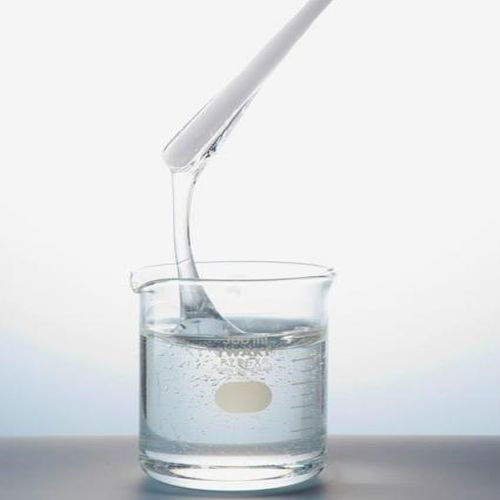Epoxy Resins Specification
Epoxy Resins Trade Information
- Minimum Order Quantity
- 10 Kilograms
- Supply Ability
- 1000 Kilograms Per Week
About Epoxy Resins
Epoxy resin is a type of thermosetting polymer that is commonly used in a variety of applications, such as floor and wall coatings, adhesives, and composites. An epoxy resin is defined as a molecule containing more than one epoxy group capable of being converted to a thermoset form. Most common epoxy resins are produced from a reaction between epichlorohydrin (ECH) and bisphenol-A (BPA), though the latter may be replaced by other raw materials (such as aliphatic glycols, phenol and o-cresol novolacs) to produce specialty resins. The epoxy resins can be obtained in either liquid or solid states. Epoxy resin is a thermosetting polymer, which means it hardens through a chemical reaction when mixed with a hardener or curing agent. The reaction creates strong chemical bonds between the molecules, resulting in a durable, rigid material. Once hardened, epoxy is extremely strong, dimensionally stable, and chemical-resistant. Epoxy offers a wide variety of advantages over other adhesives and coatings, including: Exceptional strength, minimal shrinkage. Epoxy resin is typically a two-part adhesive that can be used for repairs. It is often used to fix broken objects or to create a sealant. The adhesive will harden and form a strong bond once mixed together. This makes epoxy resin ideal for repairing items such as vases, figurines, ornaments, and more.

